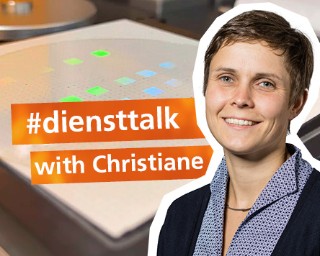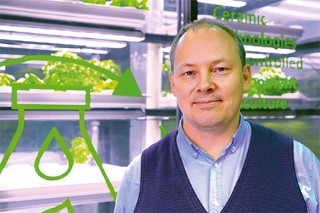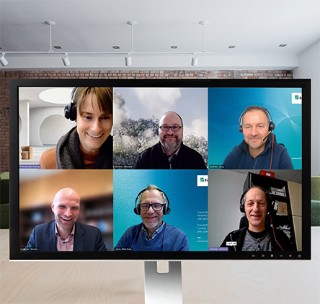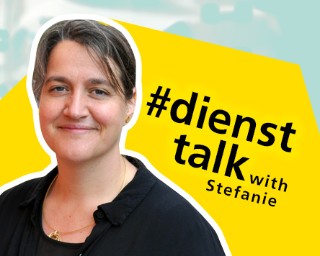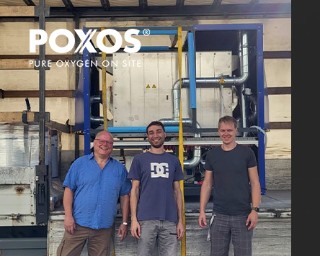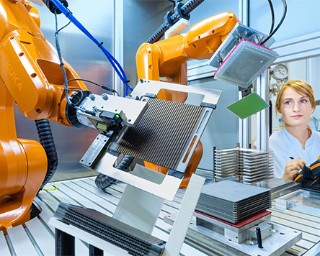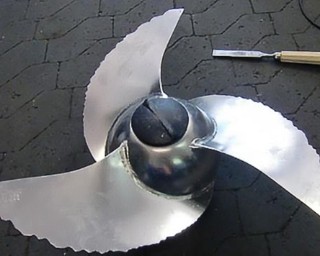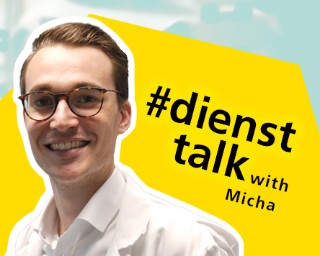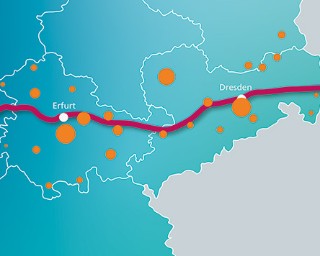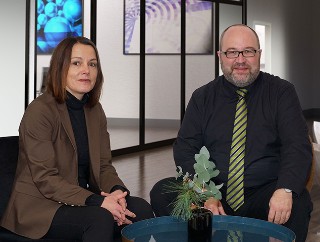
Since this year, the Center for Economics and Management of Technologies (CEM), based in Halle (Saale), has been integrated as a new structural unit at Fraunhofer IKTS. In this interview, its director, Dr. Daniela Pufky-Heinrich, and the deputy director of Fraunhofer IKTS, Prof. Dr. Michael Stelter, provide an insight into the future collaboration.
more info
